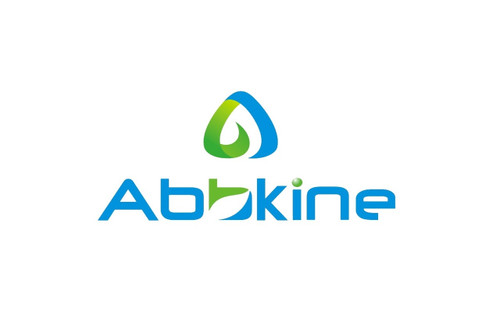Product Description
Human Prostate stem cell antigen (PSCA) ELISA Kit | AE25565HU | Abebio
Species Reactivity: Human (Homo sapiens)
Abbreviation: PSCA
Alternative Name: PRO232;
Application: ELISA
Range: 0.156-10 ng/mL
Sensitivity: 0.063 ng/mL
Intra-Assay: ≤4.6%
Inter-Assay: ≤8.3%
Recovery: 0, 9
Sample Type: Serum, Plasma, Other biological fluids
Detection Method: Sandwich
Analysis Method : Quantitive
Test Principale: This assay employs a two-site sandwich ELISA to quantitate PSCA in samples. An antibody specific for PSCA has been pre-coated onto a microplate. Standards and samples are pipetted into the wells and anyPSCA present is bound by the immobilized antibody. After removing any unbound substances, a biotin-conjugated antibody specific for PSCA is added to the wells. After washing, Streptavidin conjugated Horseradish Peroxidase (HRP) is added to the wells. Following a wash to remove any unbound avidin-enzyme reagent, a substrate solution is added to the wells and color develops in proportion to the amount of PSCA bound in the initial step. The color development is stopped and the intensity of the color is measured.
Product Overview: Prostate stem cell antigen is a glycosylphosphatidylinositol-anchored cell membrane glycoprotein. In addition to being highly expressed in the prostate it is also expressed in the bladder, placenta, colon, kidney, and stomach. This gene is up-regulated in a large proportion of prostate cancers and is also detected in cancers of the bladder and pancreas. This gene has a nonsynonymous nucleotide polymorphism at its start codon.Highly expressed in prostate. Also found in bladder, placenta, stomach, colon and kidney. Overexpressed in prostate cancers and expression is correlated with tumor stage, grade and androgen-independence. Highly expressed in prostate cancer bone metastases. Expressed in gastric epithelial cells, mainly in the isthmus (at protein level) . Not detected in normal intestinal epithelium (at protein level) .
Stability: The stability of ELISA kit is determined by the loss rate of activity. The loss rate of this kit is less than 5% within the expiration date under appropriate storage condition. The loss rate was determined by accelerated thermal degradation test. Keep the kit at 37°C for 4 and 7 days, and compare O.D.values of the kit kept at 37°C with that of at recommended temperature. (referring from China Biological Products Standard, which was calculated by the Arrhenius equation. For ELISA kit, 4 days storage at 37°C can be considered as 6 months at 2 - 8°C, which means 7 days at 37°C equaling 12 months at 2 - 8°C) .
 Euro
Euro
 USD
USD
 British Pound
British Pound
 NULL
NULL








